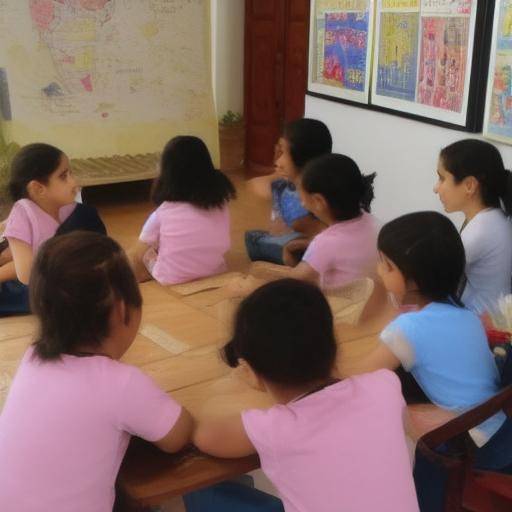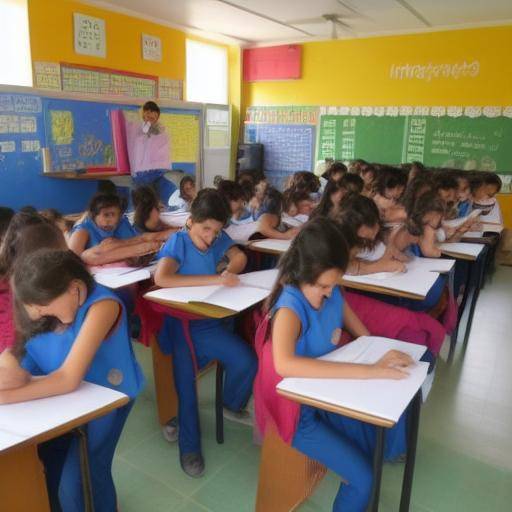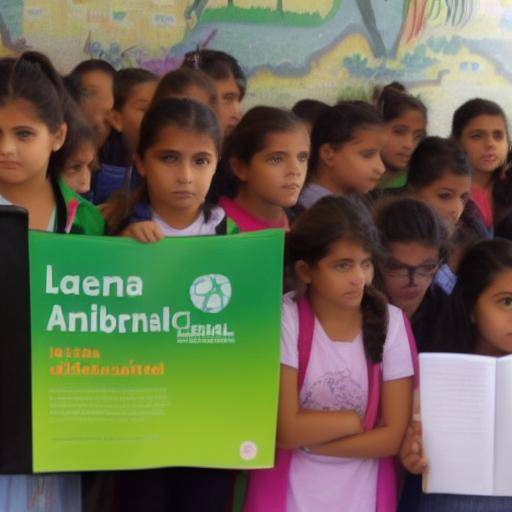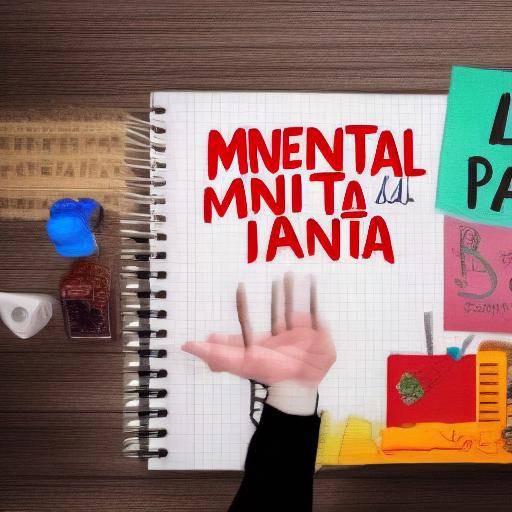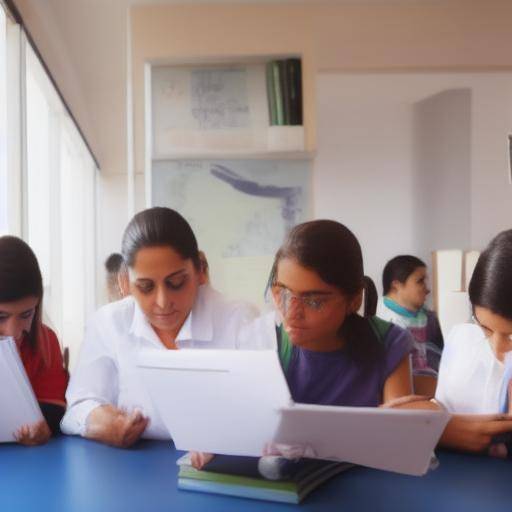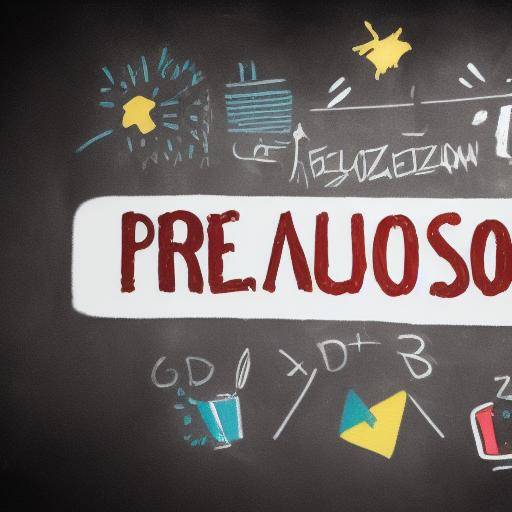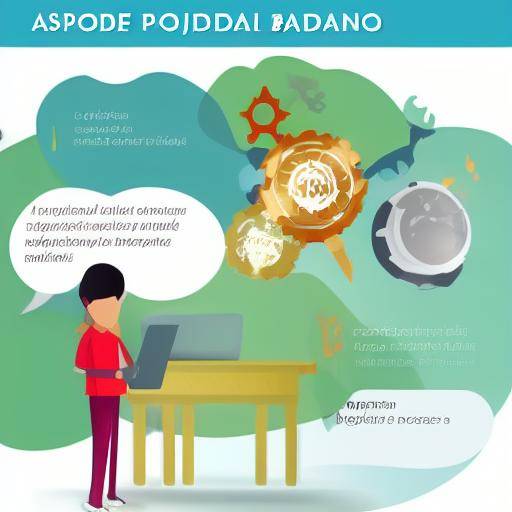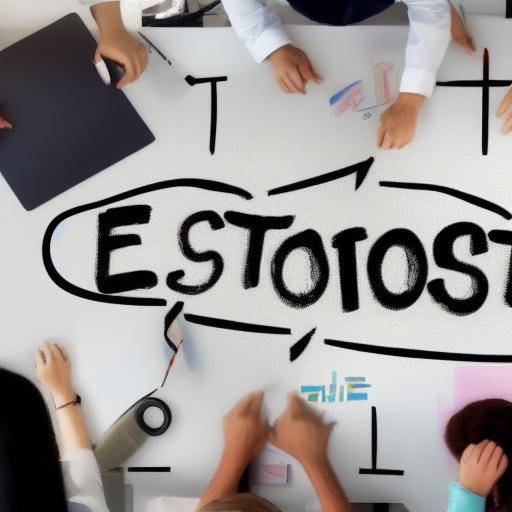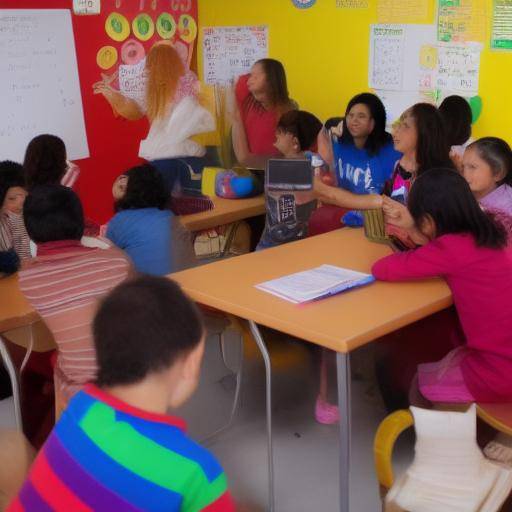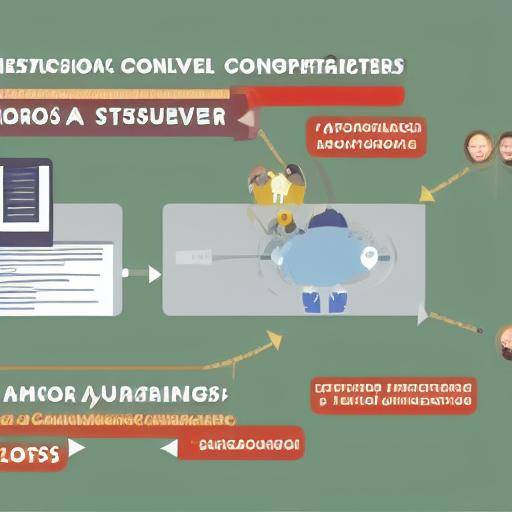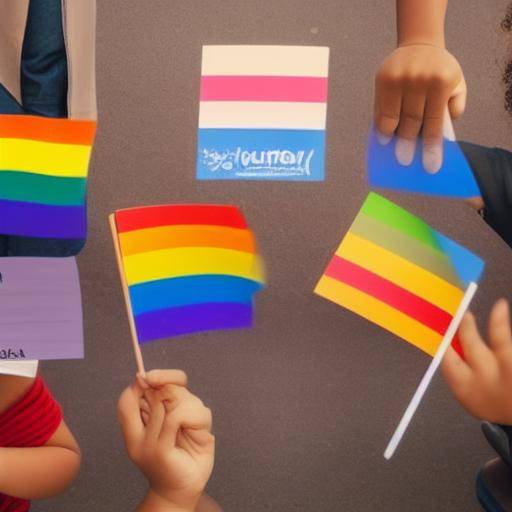
In the constantly evolving world in which we live, conflicts are inevitable. From family disputes to tensions in the working environment or in legal areas, mediation plays a crucial role in the peaceful resolution of conflicts. This form of resolution offers significant advantages that will benefit all parties involved.
Introduction
In the course of this article, we will explore the importance of mediation in conflict resolution, as well as its historical evolution, benefits, challenges, current and future trends, and case studies that illustrate its application in different contexts. We will also provide practical advice and expertise from industry experts to better understand this crucial discipline in modern society.
History and Background
Mediation has its roots in ancient cultures, where community leaders acted as intermediaries in disputes. However, its formalization as a structured process dates back to ancient Greece and Rome. Over the centuries, it has evolved and adapted to meet the changing needs of society.
Historically, mediation has played a key role in resolving interpersonal, community and legal conflicts. From the resolution of disputes between neighbours to high-level international negotiations, mediation has been a unifying force that promotes understanding and collaboration.
Some important milestones in the evolution of mediation include the introduction of structured processes in medieval Europe, the resurgence of mediation in the twentieth century with the dispute resolution movement and the international recognition of mediation as an effective method of resolving conflicts.
Analysis in Deep
Mediation offers a number of benefits, including the preservation of relations, the autonomy of the parties to the conflict, confidentiality and efficiency in the resolution. Despite these benefits, it also presents challenges, such as the need for voluntary participation of the parties and the balance of power in unequal situations.
Data show that mediation not only saves time and resources, but also offers a high rate of long-term sustainable agreements, making it a valuable tool in conflict resolution. However, it is essential to understand the nuances of mediation and its implications in different contexts to maximize their benefits.
Comprehensive review
Mediation is applied in a variety of contexts, from family disputes to business disputes and diplomatic conflicts. Through case studies and best practices, it is possible to understand how mediation can be adapted to address specific challenges and achieve positive results.
Industry experts also offer valuable insights on the future of mediation, pointing out emerging trends, such as online mediation and the integration of technology into the process. This vision for the future helps to anticipate the needs and opportunities that will arise in the field of conflict resolution.
Comparative analysis
By comparing the importance of mediation with other traditional approaches to conflict resolution, such as litigation, mediation emphasizes through its collaborative approach, the ability to preserve relationships and flexibility to adapt to individual needs. This comparison sheds light on the unique advantages of mediation in a wider picture.
Practical Tips and Accessible Tips
In considering mediation as an option to resolve conflicts, it is useful to take into account a number of practical advices. These include the importance of preparedness, effective communication and active collaboration in the mediation process. In addition, step-by-step guides are provided to prepare and participate in a successful mediation process.
Industry ideas and Expert Reviews
The perceptions of experts and industry professionals shed light on current and future trends in the field of mediation. Their experiences and knowledge help to better understand the challenges and opportunities that will shape the future of mediation as an effective way to resolve conflicts in various settings.
Case Studies and Real Life Applications
Case studies provide concrete examples of how mediation has been successfully implemented in real-world scenarios. These cases analyse the results, lessons learned and strategies used to address particular challenges, which provides a deeper understanding of the effectiveness of mediation in different situations.
Future Trends and Predictions
The analysis of emerging trends in mediation reveals a constantly changing picture. Predictions based on current information and expert opinions present probable scenarios for the future role of mediation in society, helping to anticipate and prepare for changes in the conflict resolution landscape.
Conclusion
In short, mediation plays a crucial role in the peaceful resolution of conflicts, offering a number of benefits and opportunities to address challenges in modern society. Its importance lies in its ability to preserve relationships, achieve sustainable agreements and adapt to individual needs, making it a valuable method in a variety of contexts.
Frequently asked questions
What is the importance of mediation in conflict resolution?
Mediation is important because it promotes cooperation, preserves relationships and allows the parties involved in a conflict to reach mutually beneficial solutions effectively.
What challenges does mediation pose in conflict resolution?
The challenges include the need for voluntary participation, the balance of power in uneven situations and the management of emotions and expectations of the parties involved.
What are some examples of real-life mediation applications?
Mediation is applied in family conflicts, labor disputes, trade disputes and international conflicts, demonstrating its versatility and effectiveness in a variety of contexts.
What are future trends in the field of mediation?
Future trends include the integration of technology into mediation, increased online mediation and greater adaptation to the specific needs of different sectors and contexts.
How can I prepare to participate in a mediation process?
It is crucial to prepare for mediation by understanding the problems at stake, keeping an open mind, establishing realistic expectations and effectively communicating with the mediator and the other parties involved.
What is the role of the mediator in the mediation process?
The mediator acts as a neutral facilitator that helps the parties communicate, explore mutual interests and seek solutions that meet the needs of both parties.
Mediation plays an essential role in promoting peaceful conflict resolution, providing significant benefits and opportunities to address challenges in a variety of contexts. In understanding the importance, evolution, applications and future trends of mediation, we can move towards more harmonious and collaborative societies.


